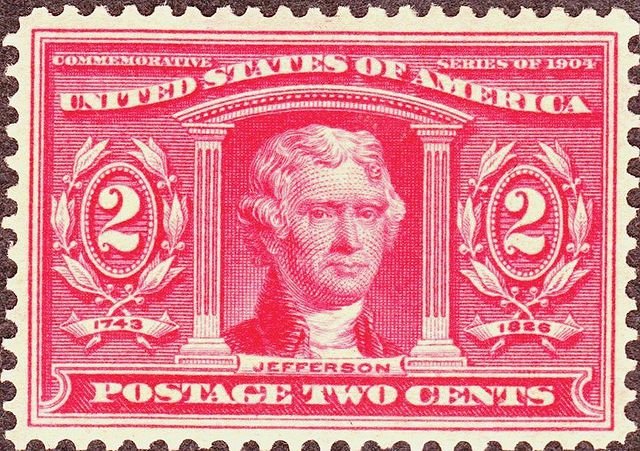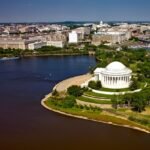Thomas Jefferson, one of the founding fathers of the United States, is often remembered for his vision of a small government and an agrarian society. However, his decision to purchase Louisiana territory from France in 1803 undermined his own vision. The Louisiana Purchase was a significant moment in American history, but it had far-reaching consequences that changed the course of the nation’s development.
Jefferson had long believed that America’s future lay in agriculture and rural life. He believed that small farmers were the backbone of the country and that a government that supported their interests would be a prosperous and stable one. In his view, cities and industry were threats to this way of life, and he was concerned about the dangers of centralization and concentration of power in the hands of a few.
Jefferson’s commitment to agrarianism was reflected in his policies as President. He reduced the size and scope of the federal government, repealed internal taxes, and encouraged western expansion. He also championed the development of public education that would educate the children of farmers and prepare them for a life of citizenship.
However, the Louisiana Purchase threatened to upset this vision of a small government and agrarian society. The acquisition of such a vast territory meant that the federal government would need to exert greater control over its citizens and resources. The Louisiana Purchase included the port city of New Orleans, which was strategically important for commerce and trade. This led to the need for a larger and more active federal government to manage and regulate the commerce of the Mississippi River and its tributaries.
Additionally, the Louisiana Purchase introduced new lands for farming and settlement. The acquisition of the Louisiana territory doubled the size of the United States and provided opportunities for expansion into the west. While this might seem like a boon for agrarianism, it also introduced new challenges and complexities. The government needed to survey and distribute the land, establish territorial governments, and manage relations with Native American tribes. This required a larger federal bureaucracy than Jefferson had envisioned, and certainly much larger than he desired.
Furthermore, the Louisiana Purchase brought the issue of slavery to the forefront of national politics. The territory included land that was suitable for cotton cultivation, which relied heavily on slave labor. The expansion of slavery in the west created tensions between northern and southern states, which would eventually lead to the Civil War. Jefferson, who had long been critical of slavery (even while owning many himself), recognized the potential for conflict and hoped that the new lands would be settled by small farmers rather than plantation owners. However, his hopes were not realized, and the expansion of slavery continued.In conclusion, the Louisiana Purchase was a significant moment in American history, but it also undermined Thomas Jefferson’s vision of a small government and agrarian society. The acquisition of new territory and the need to manage commerce and settlement required a larger and more active federal government than Jefferson had envisioned. The expansion of slavery in the west further complicated the issue and set the stage for future conflicts. Jefferson’s commitment to agrarianism was admirable, but the realities of the Louisiana Purchase revealed the limitations of his vision.








